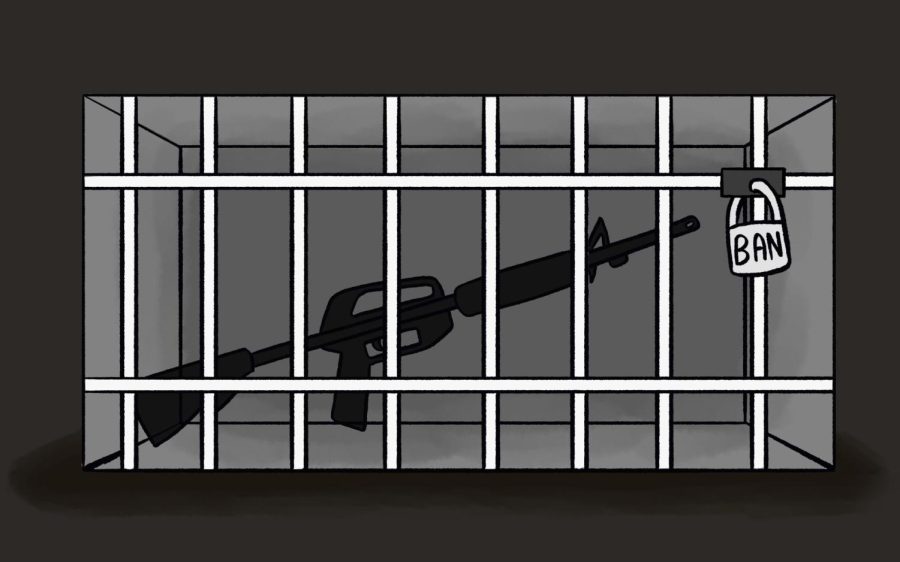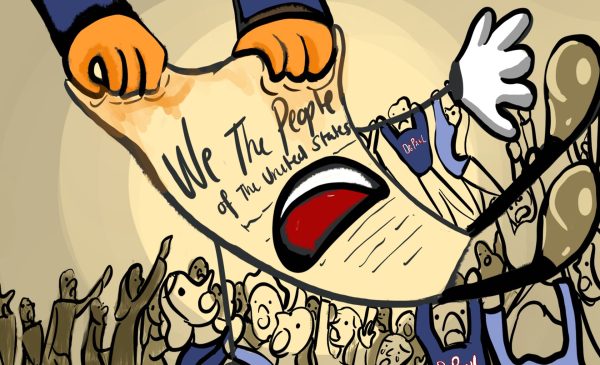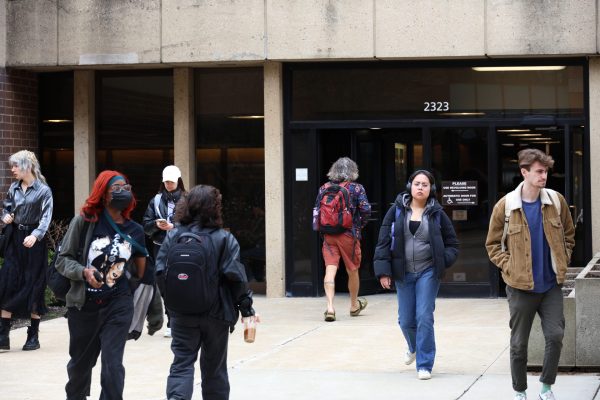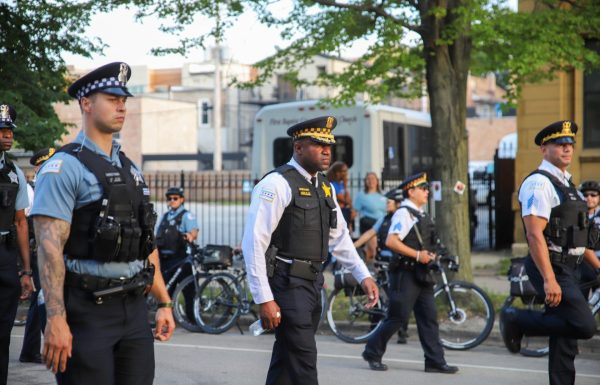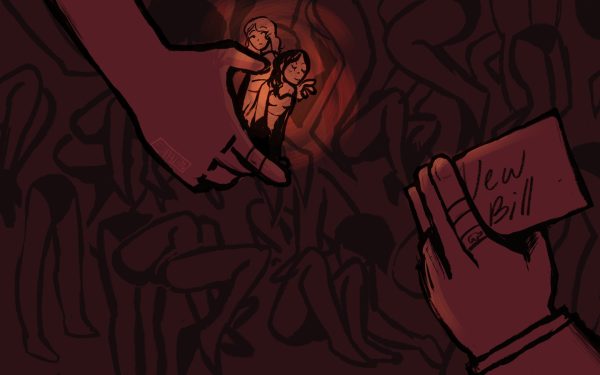Pritzker signs assault weapon ban into law
Shortly after Illinois lawmakers listened to audio of the screams of a child at the Highland Park Fourth of July shooting at the hearing on Jan. 9, a 34-20 senate vote approved the measure to ban the possession and distribution of assault weapons and high capacity magazines in the state.
“We will keep fighting — bill by bill, vote by vote, and protest by protest — to ensure that future generations only hear about massacres like Highland Park, Sandy Hook, and Uvalde in their textbooks,” Pritzker said in a press release.
Tuesday evening, Governor JB Pritzker signed the Protect Illinois Communities Act into law making Illinois the ninth state to institute an assault weapons ban in the U.S. The passage of this law comes six months after seven people were killed and dozens more were wounded at the Highland Park shooting last July.
“For the past four years, my administration and my colleagues in the State Capitol have been battling the powerful forces of the NRA to enshrine the strongest and most effective gun violence legislation that we possibly can,” Pritzker said.
According to the Protect Illinois Communities Act, by Jan. 1, 2024, those who already own guns now banned under Illinois law are allowed to keep them as long as they are registered with the Illinois State Police.
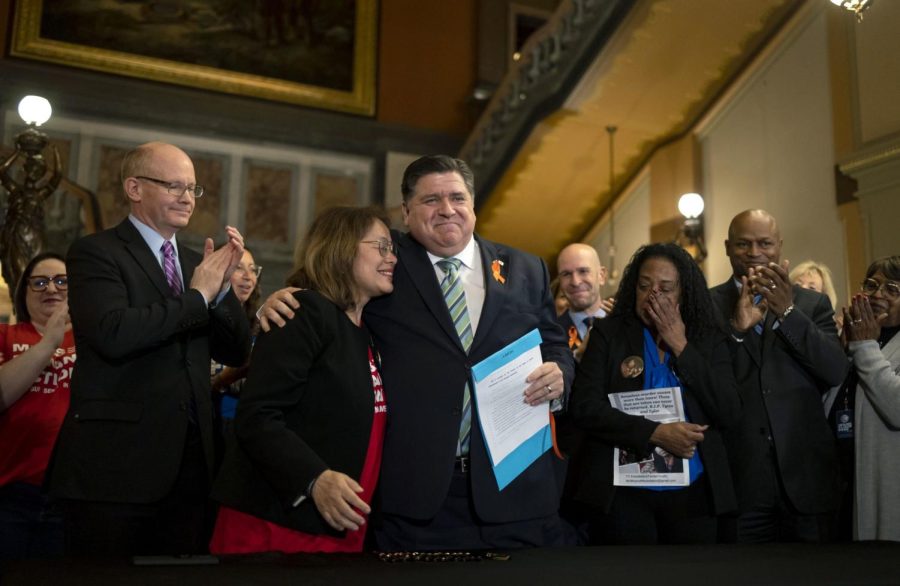
Under the new law, Illinois gun manufacturers can make assault weapons, but they may only sell them to buyers in other states. However, the manufacture or possession of dozens of types of rapid-fire rifles and pistols, .50-caliber guns and some attachments are now banned in Illinois.
Teny Gross, the executive director for the Institute for Nonviolence Chicago, a non-profit devoted to decreasing gun violence in Chicago, said the benefits of the bill may be hindered by the lax gun laws in surrounding states.
“Just doing it in one state [isn’t] going to be enough,” Gross said. “We now have more guns than ever before.”
In 2022, as reported by Fox 32 Chicago, over 10,000 illegal firearms were confiscated from Chicago streets. It is still unclear how many more firearms remain in the city, but Fox 32 estimates the number is close to half a million.
Some city officials believe the new law will be influential in decreasing gun violence in Chicago.
“No civilian needs a military-grade weapon designed to kill as many people as possible,” said Timmy Knudsen, Chicago alderman for the 43rd Ward. “Passing an assault weapons ban will save lives and keep our communities safer here in Chicago, and across Illinois.”
Knudsen said during his first few months on City Council, he worked to develop legislation that tackles violence prevention in Chicago.
“In our city budget, we also increased violence prevention funding by $100 million to continue tackling the surge of crime in our city,” Knudsen said. “I’ll keep partnering with leaders at every level of government to keep our neighborhoods safe.”
Gross believes the bill will be influential in making their organization’s job easier when youth have less access to assault weapons in the city.
“If we had less guns, and if there was a smarter way of who gets them… and they’re not just flooding neighborhoods, we would have a lot less to do,” Gross said.
Gross said many of the individuals his organization works with have been negatively impacted by the vast amount of guns available in the city. He said even if someone does not wish to own one themselves, many feel a gun is the only way to protect themself from violence.
“We try [to] offer them alternatives and a way out, [but] sometimes they’re feeling trapped [and] there are a lot of guns around them so some of them feel they need them for their own protection,” Gross said.
Although many find the new bill promising, there is still opposition by gun rights advocates in Illinois.
The Illinois Sheriffs Association (ISA) released a statement on Facebook on Jan. 11 expressing opposition to the legislation.
“The ISA is extremely disappointed in the passage and enactment of HB 5471, that further regulates and limits the purchase of a wide variety of weapons for lawful gun owners,” the ISA said in the statement. “We will continue to advocate on behalf of Sheriffs, all of law enforcement and the law-abiding citizens throughout Illinois.”
Second-year DePaul graduate student Nick Kolasinski, who is starting a pro-gun special interest group on campus, believes the bill will be ineffective in curbing gun violence in Chicago and imposes on Illinoisians’ right to bear arms.
“Illinois has a terrible track record with preserving the freedoms of its citizen’s right to keep and bear arms and this is just another step toward their goal of total disarmament,” Kolasinski said. “This bill will not fulfill even a fraction of its intended effect.”
For Gross, decreasing gun violence in Chicago is a multi-faceted effort between activists, outreach groups and lawmakers in Illinois. Even though he finds the bill promising, he does not believe it alone will be enough to deter people from engaging in violent crimes.
“Even the best efforts can be defeated, so we need to do both,” Gross said. “We’ve got to take what we got and keep fighting.”


